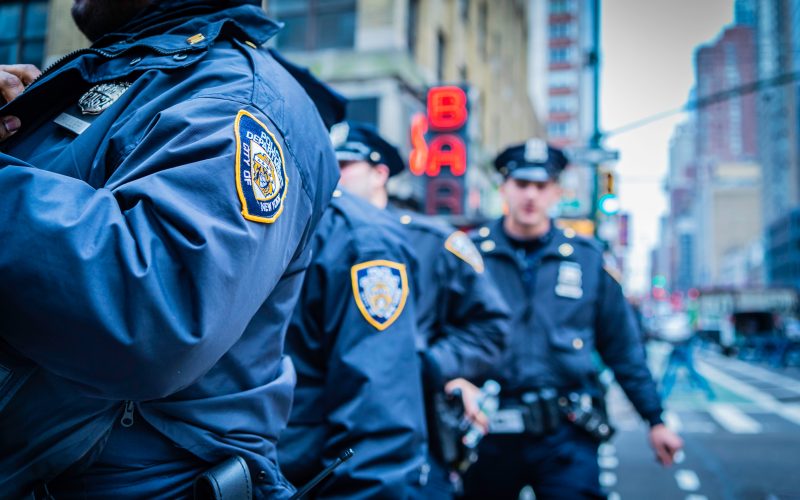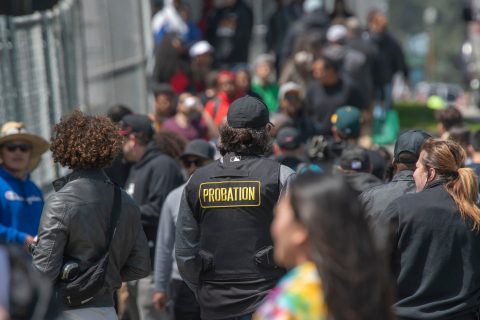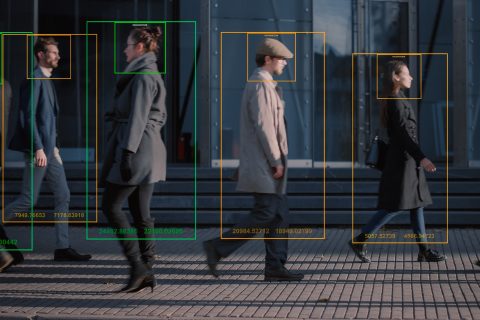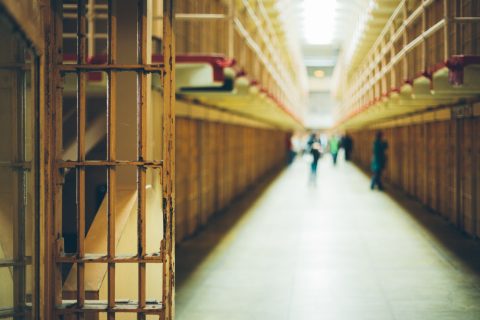Making a lot of arrests and fighting crime isn’t necessarily the same thing. Edwin Raymond is a 15-year veteran of the New York Police Department and one of the nation’s leading voices on criminal justice reform. He joins host Krys Boyd to discuss practices inside police departments that contribute to unequal patterns of enforcement, and his ideas on how these can change. His book is “An Inconvenient Cop: My Fight to Change Policing in America.”
‘Police are not nearly as autonomous as people may think’
By Shaunessy Renker, Think Intern
It’s a common idea that there are a few “bad apples” in the U.S. policing system who create a bad reputation for officers as a collective. But Edwin Raymond, a 15-year veteran of the New York City Police force and author of “An Inconvenient Cop: My Fight to Change Policing in America,” says it’s the system itself that encourages bad behavior.
“Police are not nearly as autonomous as people may think,” he says. “When I joined the police department, one of the first things that they forced you to do is just conform. They’re conditioning you to not question, and that starts as early as the police academy.”
While entering the police academy back in 2008, Raymond says his first impression was that it was organized like a paramilitary organization and more specifically, modeled after the U.S. military.
“By the time you finish the academy six months later, no matter how much of what’s being asked of you is immoral, unethical, and against your personal views, you don’t question it,” Raymond says. “And more than just conform, they [the officers] absorb it and they perpetuate it.”
One example is overtime, which Raymond says cops call “Collars For Dollars,” which leads to a significant increase in arrests. Raymond says officers will arrest people later in their shift for a misdemeanor they might have ignored earlier that workday, because processing the paperwork will put them in overtime for which the pay rate is higher. If an officer does this often enough throughout the weeks and months, they can earn thousands more than what they would earn otherwise.
“There are officers whose livelihoods are based entirely on their overtime pay rather than their actual salary,” Raymond says.
Officers don’t earn extra money by working around the policing system, but rather by leaning into it.
“The way that I decided at 18 to go in with a very analytical perspective of trying to understand the system—I realized my peers weren’t really there for that reason,” he says. “I went in with a microscope, I was looking for these issues whereas other folks were just trying to get a job.”




